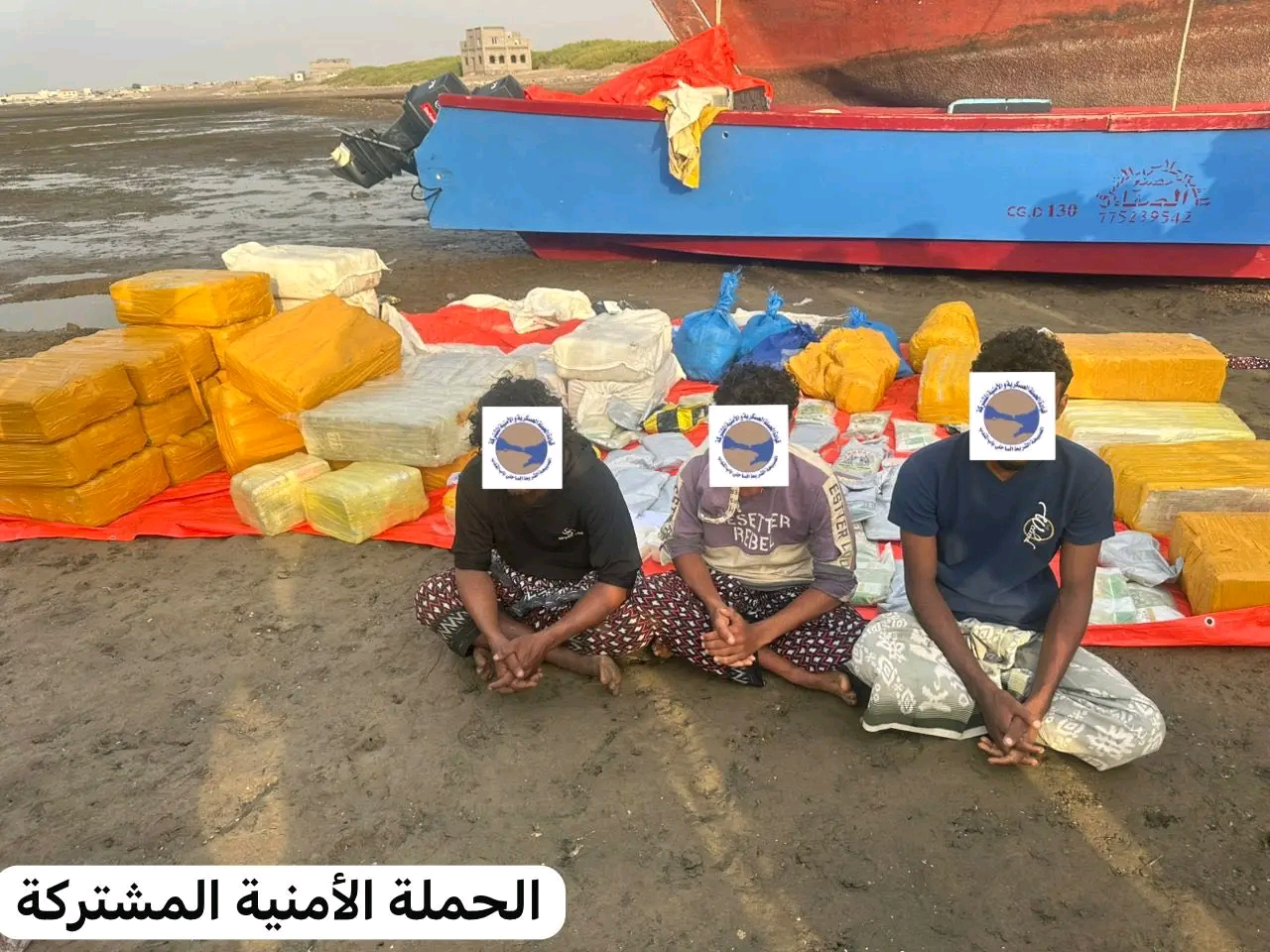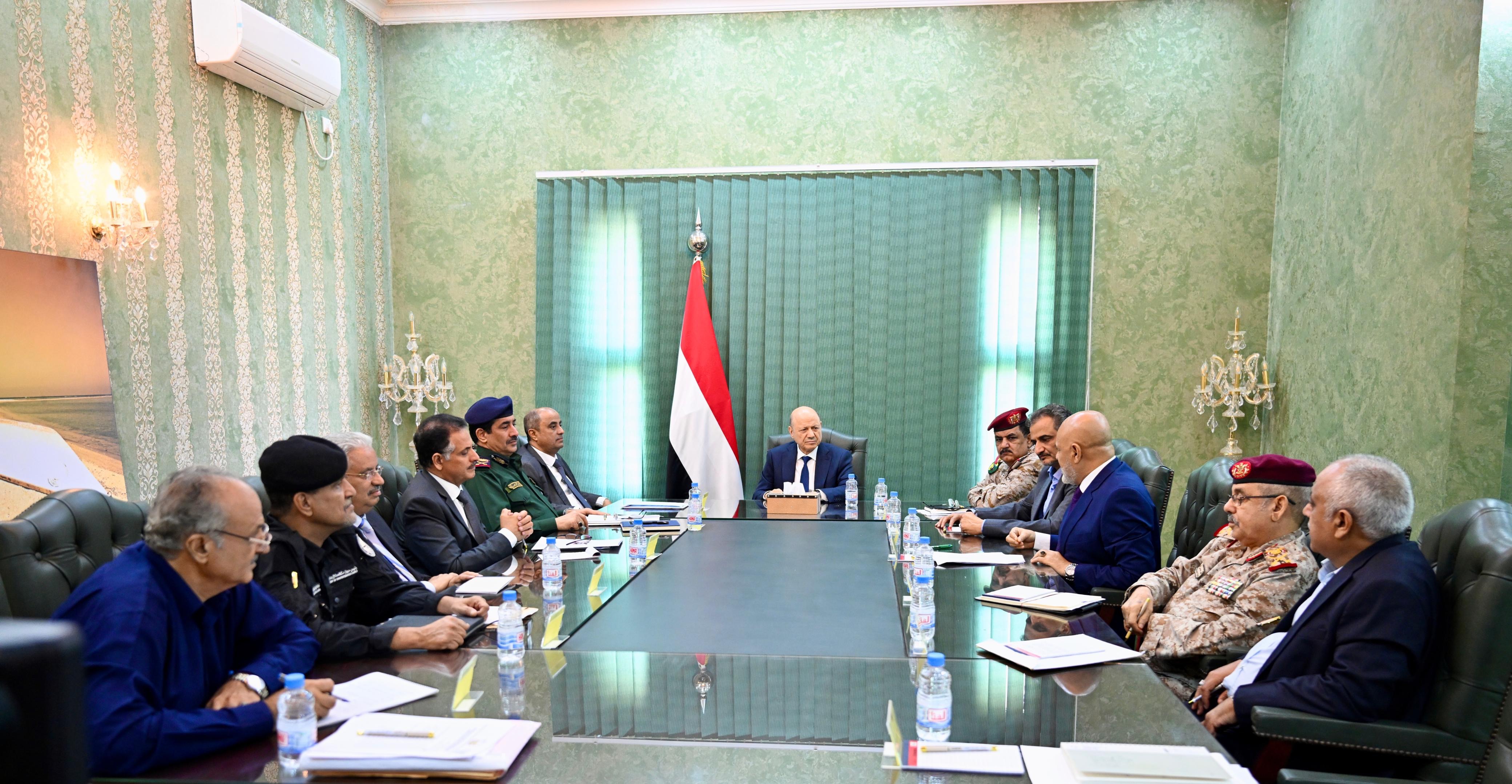
Barran Press
On Thursday, October 31, 2024, Yemen’s Foreign Minister, Shaya Al-Zindani, stated that the current situation in Yemen cannot be considered purely domestic due to the intricate regional dynamics involving Iran and international interests.
In an interview with the Lebanese newspaper An-Nahar, Al-Zindani emphasized that the Houthi movement is not merely a political entity but a doctrinal group that believes it has a divine right to rule. He questioned how a political solution could be reached with a group that does not accept such a premise.
In light of this, the Foreign Minister highlighted the necessity for unity among all parties within the legitimate government, suggesting that such coordination could alter the dynamics on the ground and advance political solutions. He noted a positive shift in the positions of European Union countries and the United States regarding the Houthis.
Al-Zindani pointed out that if the international community treats the Houthis as an illegitimate and rebellious group, it could facilitate a political resolution. He remarked that previous mixed signals sent to the Houthis had led them to believe they were a de facto authority awaiting recognition, which he deemed a misstep by the international community.
He clarified that the Houthis have a governance agenda focused on themselves rather than the broader Yemeni populace, but he now believes that the threat they pose has become evident to the international community, including the U.S. and European nations.
Regarding the impact of recent U.S. and British strikes on the Houthis, Al-Zindani expressed uncertainty about the specific targets but affirmed that curbing Houthi behavior necessitates supporting the legitimate government, particularly in coastal defense, since these actions cannot be halted through aerial strikes alone.
Discussing the peace roadmap, he noted that it is nearly frozen due to escalations in the Red Sea. The United Nations announced on December 23 that Yemeni parties had reached agreements to implement a nationwide ceasefire and improve living conditions, but progress has stalled due to Houthi attacks on commercial shipping since November.
When asked about recent decisions by the Central Bank, Al-Zindani mentioned they were responses to Houthi actions, such as printing money and disregarding central bank policies. He explained that the intervention to postpone bank decisions was intended to de-escalate tensions, as any escalation could lead to a return to a critical situation and the collapse of the ongoing truce.
He added that oil exports are part of the roadmap, which includes comprehensive economic measures such as reopening airports and ports and paying salaries. He stressed that all economic aspects should be addressed collectively.
On July 23, the UN Special Envoy for Yemen, Hans Grundberg, announced agreements between the internationally recognized Yemeni government and the Houthi movement to reduce tensions regarding the banking sector and Yemenia Airlines.





